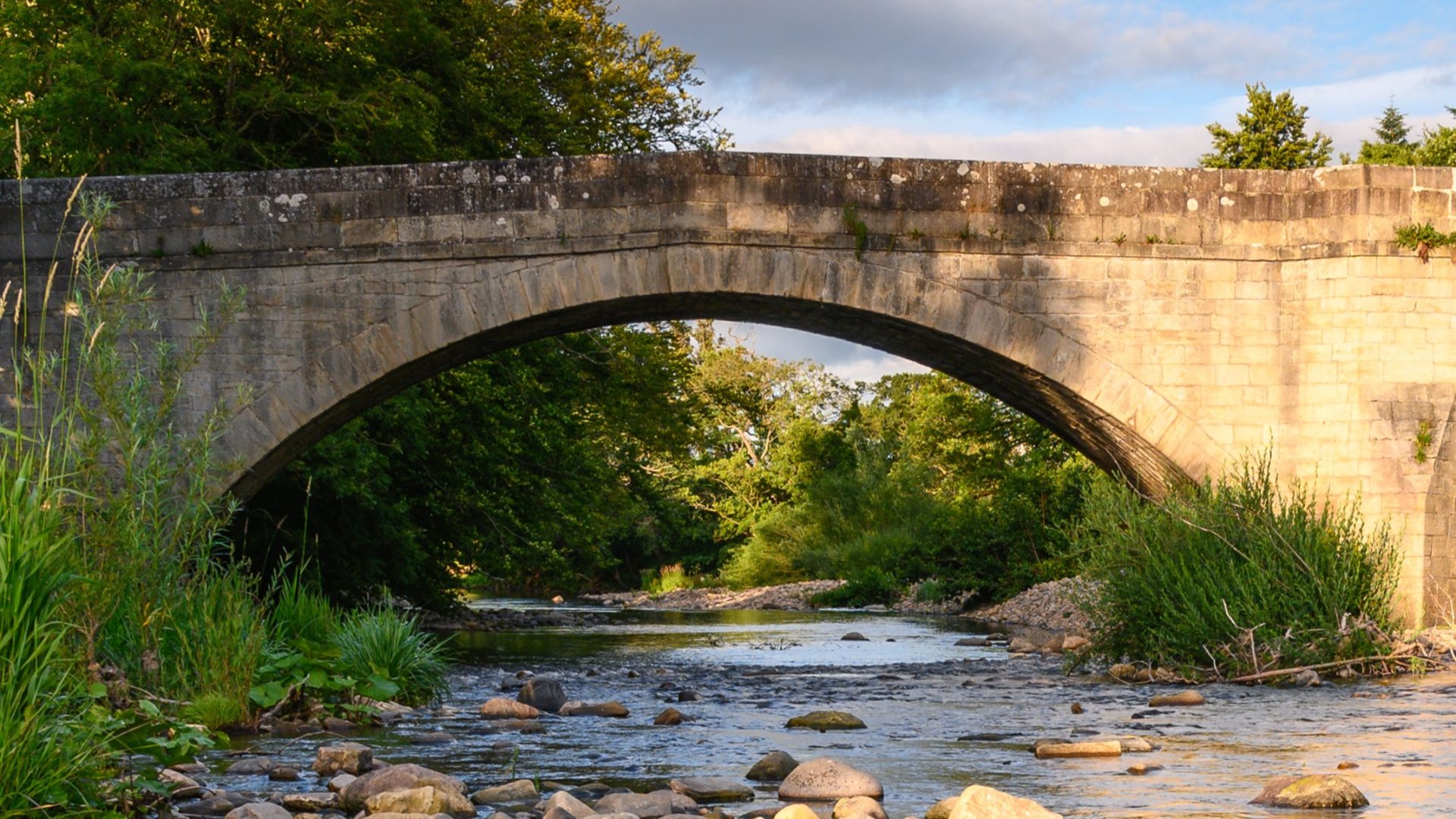Work is due to start on the next phase of more than £28m of investment to help improve water quality in a County Durham river.
Northumbrian Water is trialling a catchment-based approach to the protection of a number of the region’s rivers, including the River Browney, a tributary of the River Wear.
This involves approaching investment in wastewater treatment in a way that is moving towards a greater focus on natural solutions that deliver better outcomes to water quality, while also improving biodiversity for the benefit of nature and local communities.
Such catchment and nature solutions are being developed to accompany upgrades to reduce phosphate at six sewage treatment works (STWs).
Work is due to begin on a £4m upgrade at Knitsley STW, enhancing the treatment process to deliver improvements to the final treated effluent that returns to the Browney from that site via the Smallhope Burn.
The work will be delivered by the company’s partner, Galliford Try.
Two other projects are already underway, investing in similar benefits to the river, and one has already completed.
The approach started with a £1.7m investment at Crookhall STW in 2022, while upgrade work is already underway on a £6.4m project at Lanchester STW and a £5.8m enhancement at Aldin Grange, near Bearpark. All three of these projects are in partnership with Mott MacDonald Bentley (MMB).
Planning of further upgrades at Witton Gilbert STW, Esh Winning and Browney STW is underway, representing further investment of around £9.3m. While the work at Witton Gilbert does not include phosphate removal, it will support wider water quality improvements for the river.
In addition to these end of pipe solutions, Northumbrian Water will work alongside local organisations and land managers to manage pollution from other sources, in an effort to get the river waterbodies to good ecological status.
Dr Clare Deasy, Strategic Catchment Manager at Northumbrian Water, said:
“These catchment based approaches allow us to work in partnership to invest in environmental solutions, harnessing nature and using land management to protect river water quality and provide wider benefits, enabling us to do more to improve our region’s watercourses.”



